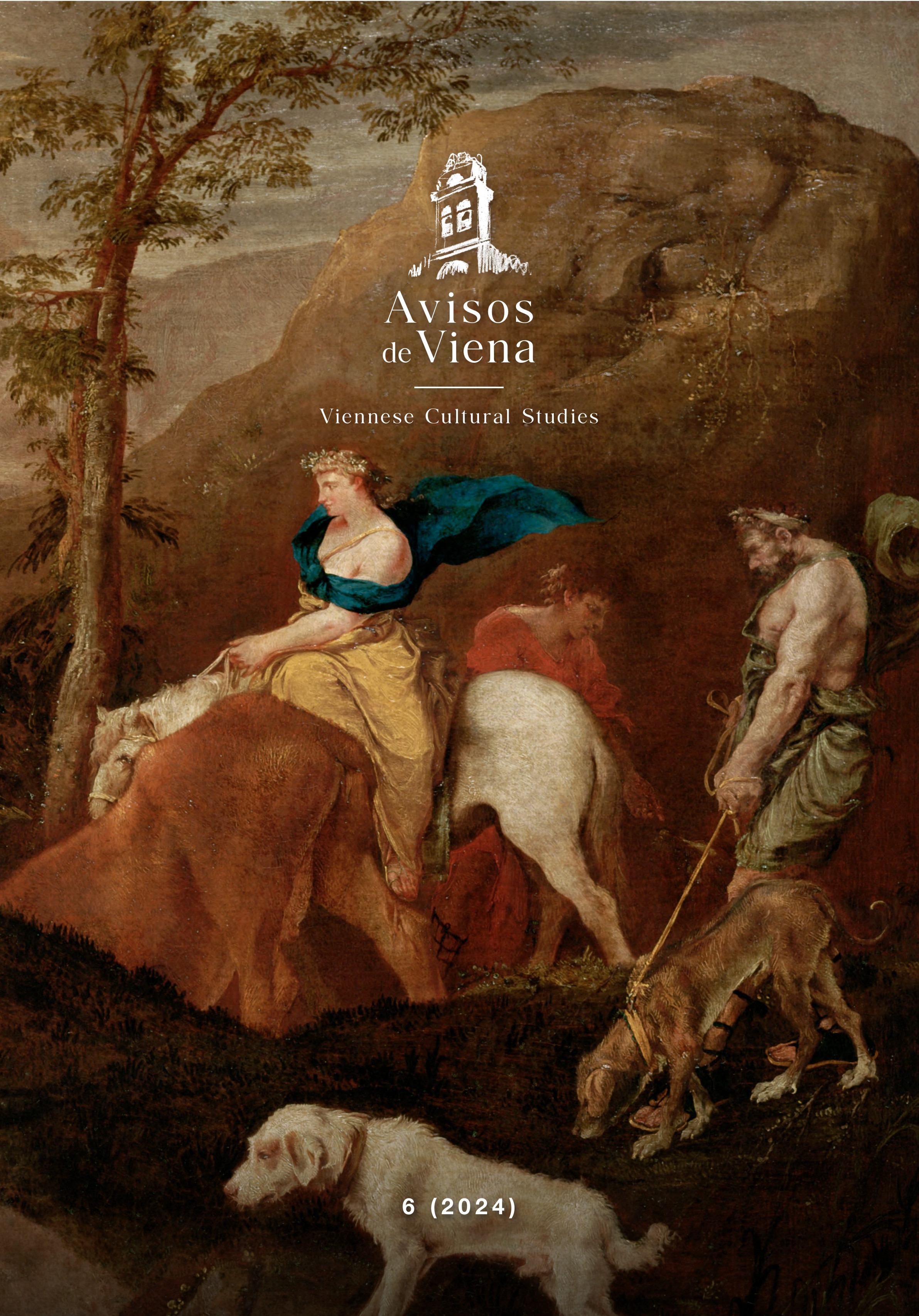Mortalidad materna en la Casa de maternidad de Madrid entre 1860 y 1899
DOI:
https://doi.org/10.25365/adv.2024.6.8522Keywords:
mortalidad infantil, Casa de Maternidad de Madrid, siglo XIXAbstract
The Maternity House of Madrid, founded in 1837, provided a place for pregnant women to give birth anonymously. Many of them left their newborns in the care of the institution, which provided baptism, a wet nurse's milk, and shrouds for infants whose time on earth was often short. This spared mothers from parish gossip, employer retaliation if they served in households, and the burdens and consequences associated with illegitimate children or offspring from adulterous affairs in 19th-century Catholic Spain. We analyzed data from 5,959 births recorded between 1860 and 1899 to examine the proportion of mothers who died during their stay at the Maternity House. The results showed mortality rates of 0.75%, 1.78%, 0.80%, and 1.07% across four periods, totaling 69 maternal deaths, or 1.16% of all cases analyzed. Additionally, data from 1898-1899 provided insights into the interval between childbirth and maternal death, shedding further light on this poignant historical phenomenon.
References
Espina Pérez, P. (2005). Historia de la Inclusa de Madrid. Madrid: Defensor del menor en la Comunidad de Madrid.
Archivo Regional de la Comunidad de Madrid, España. (1860–1868, 1880–1883, 1898–1899). Ingresos y salidas de enfermos. (150526/900415/1; 150526/900418/1; 526/900416/2).
Downloads
Published
How to Cite
Issue
Section
License
Copyright (c) 2024 Sabine Köck

This work is licensed under a Creative Commons Attribution 4.0 International License.
© Open Access, CC BY 4.0












